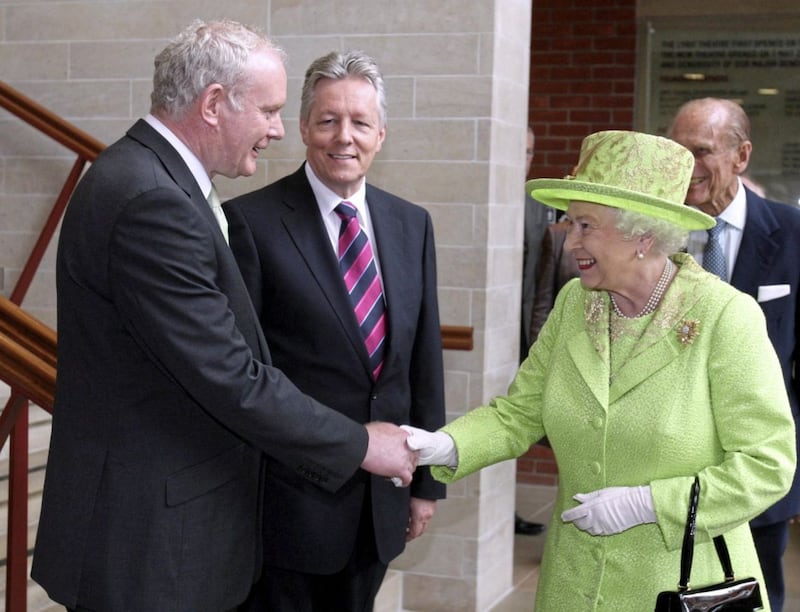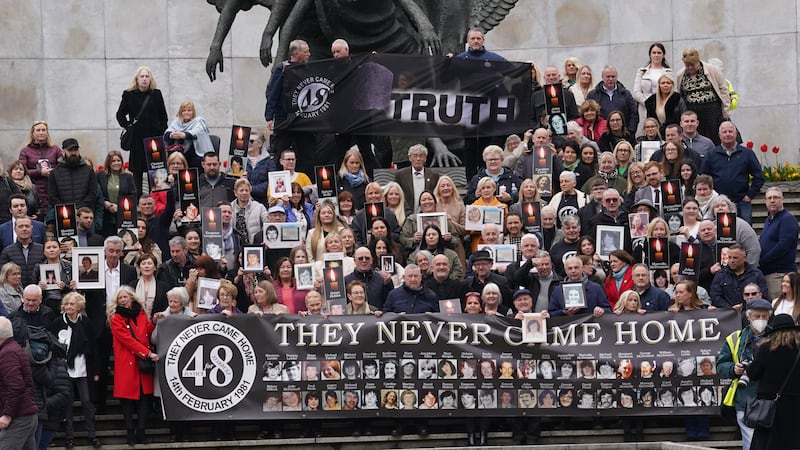TO the doubtless relief of newspaper sub-editors and the apparently dwindling band of journalists who still use shorthand, antidisestablishmentarianism doesn't get a lot of coverage these days.
And why would it? The 28-letter, 12-syllable word is a throwback to 19th century, when it came to prominence to describe those who were opposed to plans that the Church of England should no longer be the official, or established, state church of that country.
The antidisestablishmentarians have continued to hold sway in England. The Church of England still gets to send bishops to the House of Lords and enjoys numerous other anachronistic perks, including the appropriation of the monarch of the day as the denomination's 'supreme governor'.
It is well understood that this is a ceremonial and symbolic role. Nonetheless, particularly in the realms of Protestant and Reformed theology, it is highly arguable whether anyone other than the Lord himself should ever be described as the 'supreme governor' of a Church.
Disestablishmentarian common sense may still have to dawn on the English, though it prevailed in Wales in 1920.
By then, however, the Church of Ireland had already been disestablished for a year shy of half-a-century. This is quite a long time.
It secured its separation from what had been called the United Church of England and Ireland in 1871 in an upheaval that included Irish bishops no longer getting seats in the House of Lords and much of its property - including that originally from the Catholic Church - reverting to state ownership.
Disestablishment in Ireland also brought a final end to the invidious practice of taxing everyone - including Catholics - to financially support the Church.
The movement towards the Church of Ireland's disestablishment had gathered pace as the Penal Laws were in their death throes; Home Rule was in the air, too; the tectonic plates beneath Ireland's cultural, political and spiritual foundations were starting to rumble through one of their periods of seismic change.
Disestablishment also ended the idea that the British monarch - Queen Victoria in those days - was the Church of Ireland's 'supreme governor'.
The denomination's Book of Common Prayer continues to reflect this. Among its wide variety of petitions is the invitation for Northern Ireland congregations to pray for the monarch, as well as other instruments of the state, government and public life, such as the high court.

Similarly, congregations in the Republic are prompted to pray for the president "and all in authority" and the Houses of the Oireachtas: "As representatives of the people keep them humble, as legislators make them compassionate, and as politicians defend their integrity."
Rather than seeking to specifically endorse either the British monarchy or Irish republicanism depending on which side of the border morning prayer is being conducted, the general idea is to appeal for 'government', in its widest sense, to act for the common, or greater, good.
This is a theme held in common with Catholic Church social teaching and every other mainstream Christian denomination.
Having, erm, established that Queen Elizabeth is not the supreme head of the Church of Ireland - as none of her predecessors have been since 1871 - it is curious that some commentators have juxtaposed Arlene Foster's Anglicanism and her refusal to meet Pope Francis tomorrow with the queen's numerous gestures of reconciliation leadership, such as meeting Martin McGuinness.
There are, needless to say, plenty of valid reasons to be critical of the latest addition to Mrs Foster's litany of woeful leadership, but a misunderstanding of the position of the queen with regard to the Church of Ireland would seem to be among the less persuasive.
It is unclear to what degree Mrs Foster's psyche, political or otherwise, has been shaped by her Church of Ireland background.
Some try to use it as a lens through which to interpret whatever clod-footed political misstep she has taken that day, even when this risks saying more about their lack of insight into the texture of Ireland's largest Protestant denomination than anything else.
Such analysis is further weakened when it overlooks the experiences of border Protestants such as Mrs Foster, her family and friends during the Troubles; living in the midst of the IRA campaign is likely to have been more influential in her politics than denominational affiliation or the finer points of Reformed Church polity.
None of that is an excuse for ignoring Pope Francis. Mrs Foster's bad manners are formidably well-established; would that they could be disestablished as easily as the Church of Ireland.









